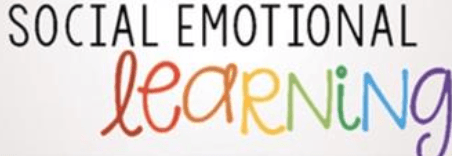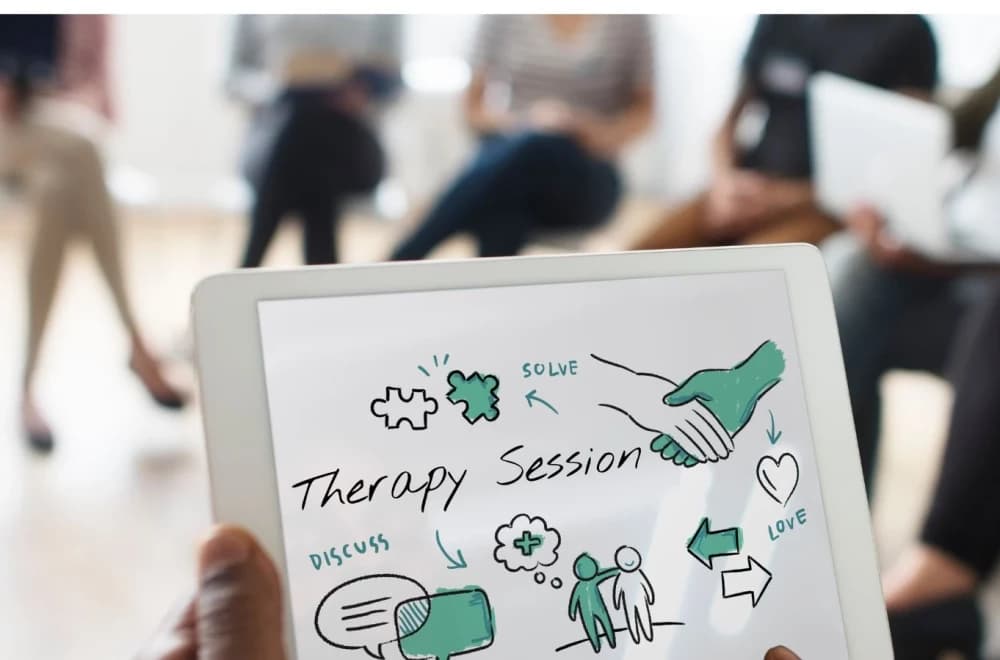Mindfulness is using meditation or deep breathing to bring people into the present to observe what their thoughts are. It could eventually bring more clarity in social interactions by reducing overthinking.
Social anxieties are on the rise in the fast world and hyper-connected life today. Be it social media pressures or the complexity of human relationships, all of this requires a heightened level of self-awareness. Self-awareness not only helps one to understand his emotions but also equips him to respond more confidently and compassionately to others. This article goes on to explore how self-awareness can be used as a tool against social anxieties and offers practical action plans to develop it.
What is self-awareness?
Self-awareness is knowledge about one's feelings, thoughts, and activities that then influence how these individuals act or interact with others. There are two dimensions.
Internal Self-Awareness: Understanding your feelings, values, and reactions.
External Self-Awareness Recognizing how your behavior impacts others and how other people perceive you.
When these two are balanced, people can move through social situations with ease yet remain authentic.
These social anxieties affect the daily lives of individuals:
Social anxieties can be expressed in many ways, ranging from being self-conscious in crowds to avoiding certain interactions. For instance, a person may not volunteer to say something in a meeting because others might judge them, or else avoid social invitations because they're afraid of not fitting with the crowd. Some common precipitants include:
The fear of criticism or judgment.
Overthinking on previous conversations or actions.
Comparing oneself against others, most markedly on social media.
These anxieties make it difficult to form meaningful relationships or pursue new opportunities, and over time, it can be quite detrimental to personal growth because it develops an avoidance and self-doubting cycle that limits one's full potential. However, this awareness of the challenges affords the way to manage them quite effectively.
Self-awareness: its role in managing social phobias
1. Enhances Emotional Control
Identify and accept your triggers so that you can manage your emotional responses. This would keep you calm and composed in stressful interactions.
2. Confidence Builder
I become aware of my strengths and weaknesses, which causes me to become confident. And this confidence will soon fade the fear of being judged and let me open up more to people.
3. Increases Empathy
Being in touch with one's emotions will allow the person to relate better to others' emotions. Having empathy can therefore build more fortified relationships that decrease social frustration.
4. Promotes Authenticity
Self-aware individuals are more likely to act in alignment with their values and beliefs, leading to genuine and meaningful interactions.
How to Build Self-Awareness in Practice
1. Mindfulness meditation
Mindfulness is using meditation or deep breathing to bring people into the present to observe what their thoughts are. It could eventually bring more clarity in social interactions by reducing overthinking.
Part 2: Consider Your Relationships
Take a few moments after social encounters to evaluate your behavior. What went well? What could have been handled differently? Journaling these reflections can provide valuable insights over time.
3. Control Usage of Social Media
Social media exaggerates social anxiety with unrealistic portrayals of others' lives. Set limits for your usage and invest time in building real-life connections.
4. Demand Constructive Criticism
Ask a few trusted friends or mentors to give you honest feedback about your social interactions. Their perspectives may reveal blind spots and help you grow.
5. Challenge Your Notions
Identify some of those unhelpful thoughts--such as "Everyone's judging me"--and replace those thoughts with more balanced, realistic affirmations, such as reminding yourself, "Not everyone is focused on me; most people are preoccupied with their own thoughts and feelings." These situations really call for cognitive-behavioral techniques.
Top Obstacles Overcome to Achieve Self-Awareness
Fear of Self-Reflection
Look within: it hurts, especially with one's vulnerabilities. Begin from simple positives of the day first before hitting deep issues.
Difficult to Influence
Constructive criticism is very confronting, but is something to be learned from. So take it open-minded and eager to learn.
Presence Becomes a Problem
One cannot gain self-awareness if he is thinking over his past interactions or worries about the future ones. Practice grounding techniques like paying attention to your senses in order to stay in the present.
Conclusion:
In a world filled with social anxieties, self-awareness becomes the best antidote to them. It makes it easier for people to understand and control their emotions and gives them confidence and true friendship. Mindfulness, requesting feedback, and fighting those pesky negative thoughts all lead to greater self-awareness and better social navigation. Start your journey today and unlock potential for a more fulfilling and connected life.







